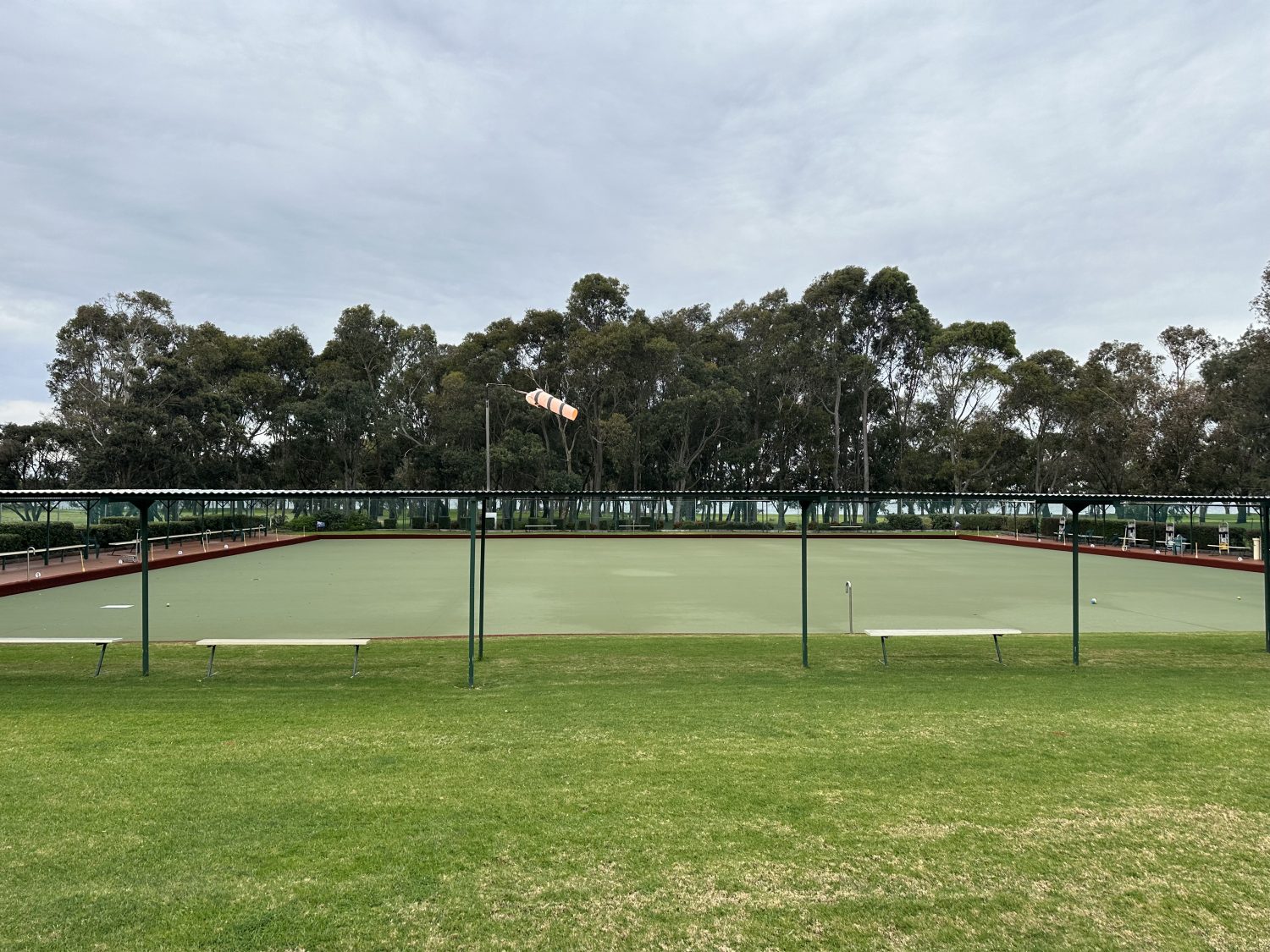The Impact of Early Interventions in Healthcare
In the realm of healthcare, timing can be everything. Intervening at the right moment can mean the difference between preventing a health issue and managing a chronic condition. At the heart of this approach are two pioneering programs: the Early Interventions for Healthy Ageing (EIHA) through the Atticus Health Mobile GP project and the Doctors in Secondary Schools Telehealth Program. Both initiatives demonstrate the profound benefits of timely intervention and offer valuable lessons for broader healthcare practices.
The Importance of Timing in Healthcare
Early intervention in healthcare aims to address health issues before they become severe, improving outcomes and reducing long-term costs. This proactive approach is particularly crucial in managing chronic diseases, mental health, and age-related conditions. By identifying and addressing health issues early, patients can maintain a higher quality of life and reduce the need for more intensive treatments later.
The Early Interventions for Healthy Ageing (Mobile GP Project)
The Mobile GP project, is designed to support older adults at risk of homelessness and other vulnerabilities. At Ozanam House, this program has seen significant success by integrating healthcare and home care services. The key to its success lies in its timing and comprehensive approach:
- Identifying At-Risk Individuals: The project targets individuals aged 50+ who are homeless or at risk of homelessness. Early identification through community outreach and partnerships with key workers and case managers ensures that those in need are promptly enrolled.
- Comprehensive Care: Once enrolled, patients receive a wide range of services, including nurse (patient advocate), GP telehealth, face-to-face sessions with a specialist geriatrician, mental health support, and physiotherapy. This integrated care model ensures that all aspects of a patient’s health are addressed early.
- Preventive Measures: By focusing on prevention, the program helps manage chronic conditions before they escalate. For example, patients receive General Practitioner Management Plans and Team Care Arrangements, ensuring coordinated and timely care.
- Patient Engagement: Regular surveys and feedback mechanisms ensure that the program continuously adapts to meet patients’ needs, further emphasising the importance of timely and responsive care.
The Doctors in Secondary Schools Telehealth Program
While the EIHA program focuses on older adults, the Doctors in Secondary Schools Telehealth Program targets a younger demographic. This initiative provides secondary school students with access to healthcare professionals via telehealth, addressing health issues early in their development:
- Accessibility: Telehealth sessions make it easier for students to access healthcare without leaving school, reducing barriers such as transportation and time constraints.
- Early Detection and Intervention: Regular check-ups and consultations allow for the early detection of physical and mental health issues, preventing them from affecting students’ academic and social lives.
- Integrated Support: The program not only addresses immediate health concerns but also connects students with additional resources and support systems, such as counseling and mental health services.
- Empowerment Through Education: By educating students about their health and encouraging proactive management, the program empowers them to make informed decisions and develop healthy habits early on.
Lessons Learned
The success of both the EIHA and Doctors in Secondary Schools programs offers several key lessons for broader healthcare practices:
- Proactive Identification: Early identification of at-risk individuals is crucial. Whether through community outreach or school-based programs, timely identification allows for earlier intervention and better outcomes.
- Comprehensive Care: An integrated approach that addresses multiple aspects of health is more effective than treating issues in isolation. Comprehensive care plans ensure that all patient needs are met.
- Accessibility and Convenience: Making healthcare accessible and convenient, whether through telehealth or on-site services, reduces barriers to care and encourages timely intervention.
- Continuous Feedback and Adaptation: Regular feedback from patients and participants helps programs remain responsive and effective, highlighting the importance of adaptability in healthcare.
Conclusion
Intervening at the right time is a cornerstone of effective healthcare. The Early Interventions for Healthy Ageing program and the Doctors in Secondary Schools Telehealth Program illustrate how timely, proactive, and comprehensive care can significantly improve health outcomes. By applying these lessons, healthcare providers can better serve their communities, ensuring that more individuals receive the care they need, when they need it.
Author: Brett, Project Manager at Atticus Health and a dedicated advocate for early interventions in healthcare, spearheads several initiatives aimed at improving community health outcomes. With a background in managing innovative health programs, Brett combines expertise in healthcare and community engagement to drive meaningful change.
Contact Information: Connect with Brett on LinkedIn or follow Atticus Health for more insights into our community health projects.


